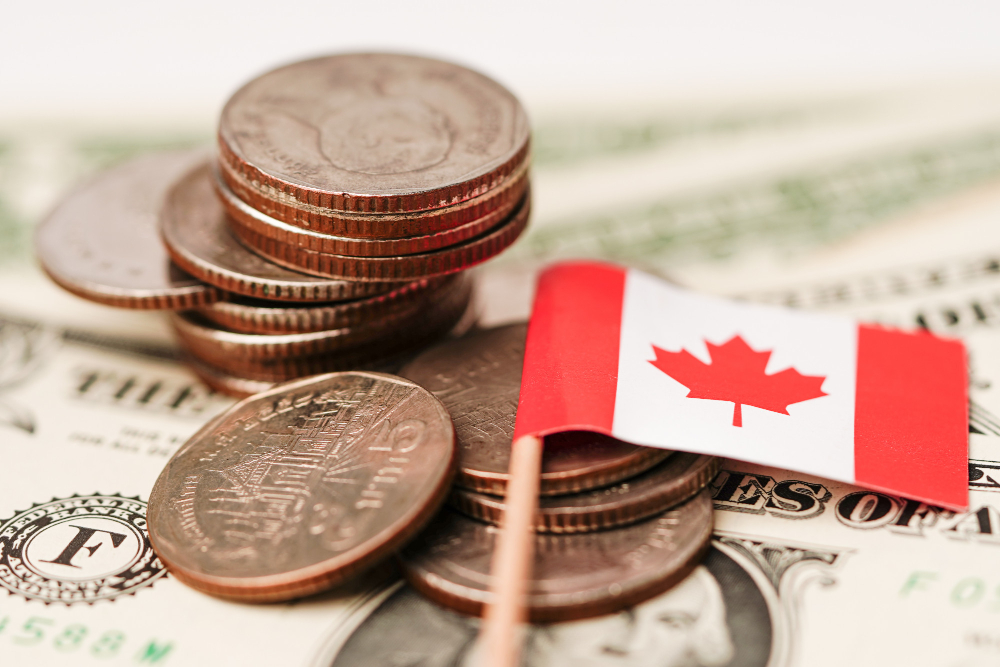In recent years, Canadian bank account closures have become a growing concern for individuals and businesses alike. Whether due to compliance issues, suspicious activity, or changes in banking policies, many Canadians have found themselves unexpectedly locked out of their accounts.
If you’ve ever wondered why banks close accounts, what your rights are, and how to prevent it from happening to you, this guide covers everything you need to know.
Why Do Canadian Banks Close Accounts?
Banks in Canada are highly regulated institutions that must comply with federal laws, including anti-money laundering (AML) and counter-terrorism financing (CTF) regulations. Here are the most common reasons for account closures:
1. Suspicious or Unusual Activity
Banks monitor transactions for signs of fraud, money laundering, or other illegal activities. If your account shows:
- Large, unexplained cash deposits or withdrawals
- Frequent international transfers to high-risk countries
- Transactions linked to cryptocurrency or unregulated financial services
- Sudden changes in banking behavior
…your bank may freeze or close your account without warning.
2. Inactivity or Dormant Accounts
If you haven’t used your account for an extended period (usually 12-24 months), the bank may classify it as dormant and eventually close it. Some banks charge inactivity fees before taking this step.
3. Overdrafts and Unpaid Fees
Repeated overdrafts or unpaid bank fees can lead to account closure. Banks may also report you to ChexSystems (a banking reporting agency), making it harder to open new accounts elsewhere.
4. Violation of Bank Policies
Banks have strict terms of service. Violating these policies—such as using a personal account for business transactions without authorization—can result in closure.
5. Credit Score or Banking History Issues
If you have a history of bounced checks, unpaid loans, or fraud allegations, banks may refuse to maintain your account.
6. Political or High-Risk Associations
Controversially, some Canadians have reported account closures due to political activism or associations with high-risk industries (e.g., cannabis businesses, cryptocurrency).
7. Regulatory Pressure (FATF, FINTRAC, and OSFI)
Canada’s Financial Transactions and Reports Analysis Centre (FINTRAC) enforces strict AML laws. Banks may preemptively close accounts to avoid regulatory penalties, even without clear evidence of wrongdoing.
Notable Cases of Canadian Bank Account Closures
The 2022 Freedom Convoy Protests
One of the most controversial cases involved banks freezing accounts linked to protesters during the Freedom Convoy demonstrations. Under the Emergencies Act, financial institutions were authorized to suspend accounts without court orders—raising concerns about government overreach.
Cryptocurrency and Fintech Businesses
Many crypto traders and fintech startups have faced sudden account shutdowns as banks distance themselves from high-risk sectors.
Immigrants and International Students
Newcomers to Canada sometimes struggle with account closures due to insufficient documentation or sudden changes in residency status.
What to Do If Your Bank Account Is Closed
1. Contact Your Bank Immediately
Ask for a written explanation. Banks are required to provide a reason, though they may withhold details if fraud or legal investigations are involved.
2. Withdraw Your Funds
If possible, transfer your money to another account before closure. If the bank has already frozen your assets, request a check or wire transfer.
3. Check Your ChexSystems Report
This report tracks your banking history. Errors here can prevent you from opening new accounts—dispute any inaccuracies.
4. File a Complaint
If you believe the closure was unjust:
- Escalate to the bank’s ombudsman
- File a complaint with the Ombudsman for Banking Services and Investments (OBSI)
- Contact the Financial Consumer Agency of Canada (FCAC)
5. Open a New Account Elsewhere
Credit unions and online banks (like Tangerine or Simplii) may have less restrictive policies.
How to Prevent Your Bank Account from Being Closed
1. Maintain Regular Activity
Avoid long periods of inactivity—make small transactions occasionally.
2. Monitor Suspicious Transactions
Report large deposits or withdrawals in advance to avoid red flags.
3. Stay Compliant with Bank Policies
Read your bank’s terms of service—don’t misuse personal accounts for business.
4. Keep Your Information Updated
Notify your bank of address changes, new employment, or other significant updates.
5. Avoid High-Risk Transactions
If dealing with crypto, international transfers, or cash-heavy businesses, consider specialized banking solutions.
Legal Rights and Recourse for Unjust Closures
While banks have broad discretion, you have rights under the Bank Act and Canadian consumer protection laws:
- Banks must provide notice before closing an account (unless fraud is suspected).
- You are entitled to your remaining funds (minus any owed fees).
- Unfair closures can be challenged through regulatory bodies.
Conclusion
Canadian bank account closures can happen for various reasons—some within your control, others not. By understanding banking policies, maintaining good financial habits, and knowing your rights, you can reduce risks and take action if your account is unfairly shut down flixhq.

